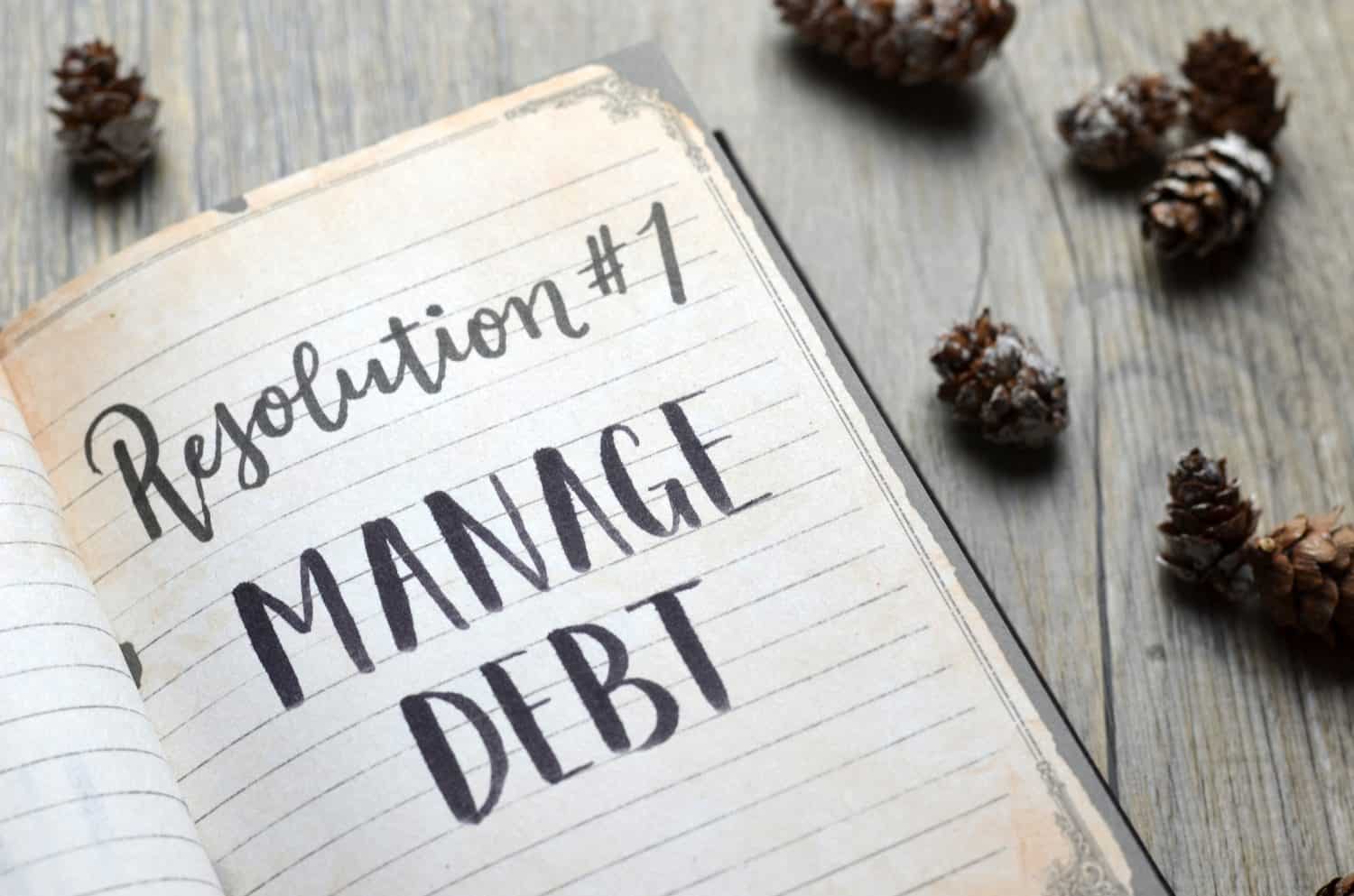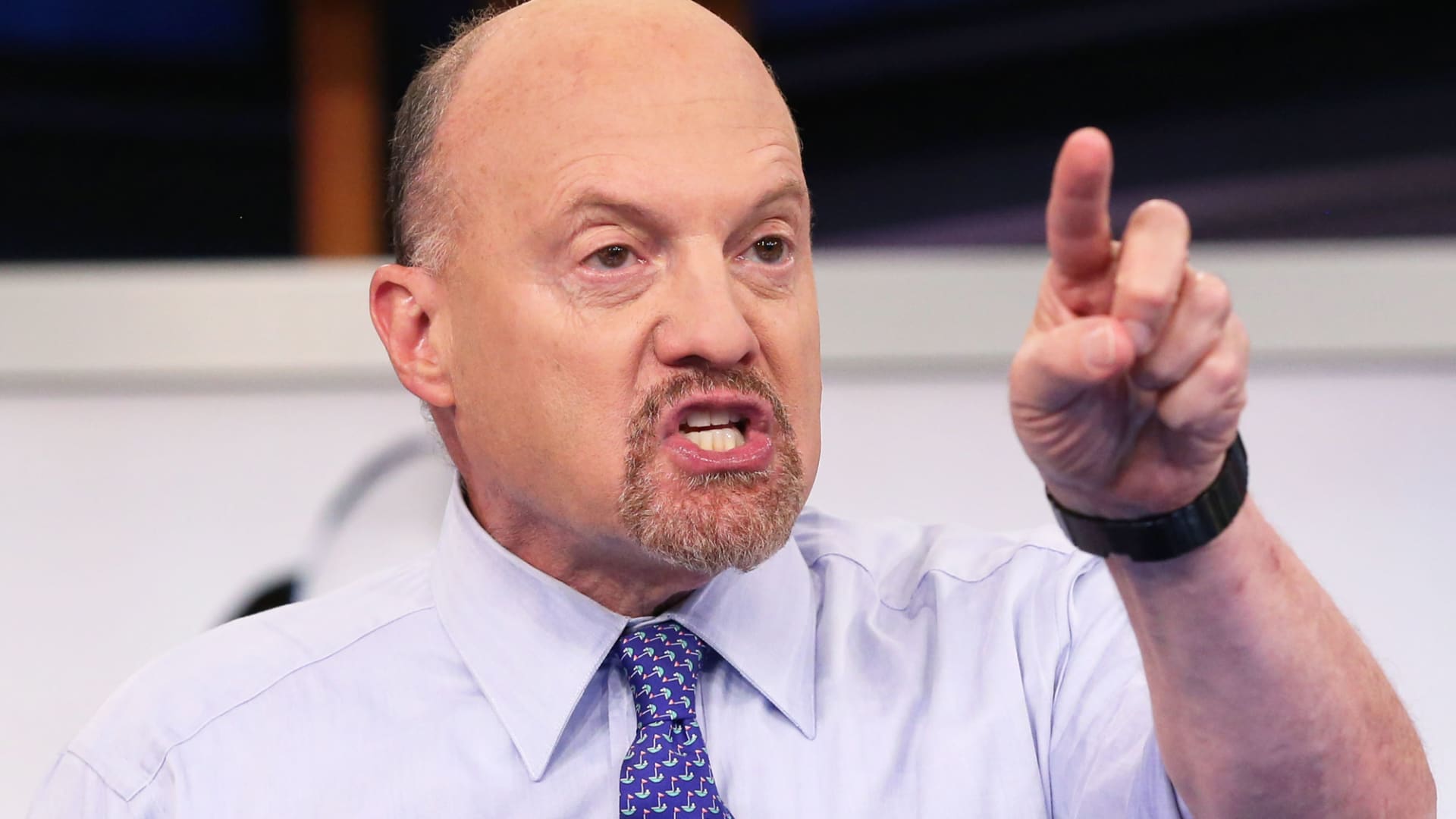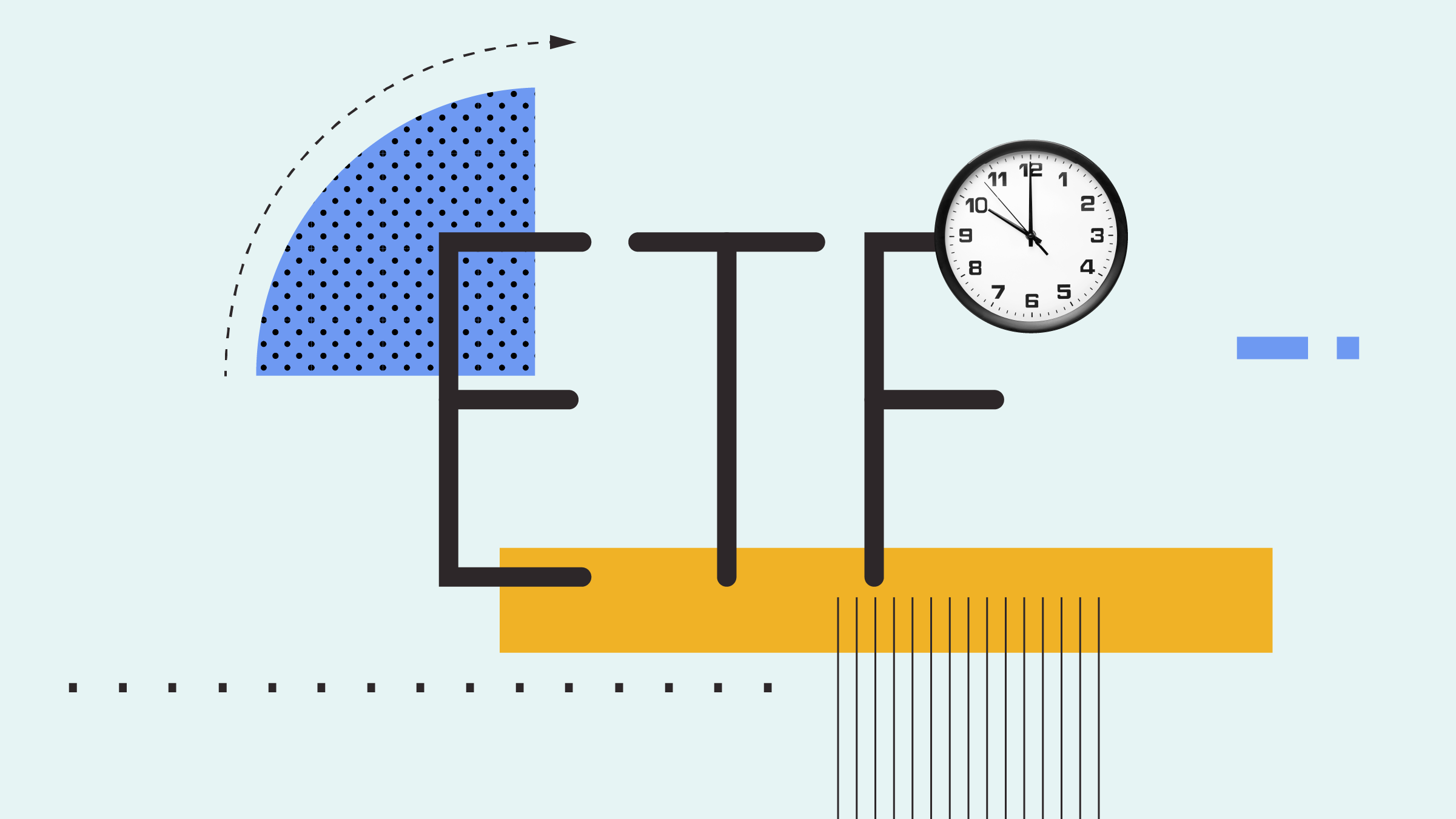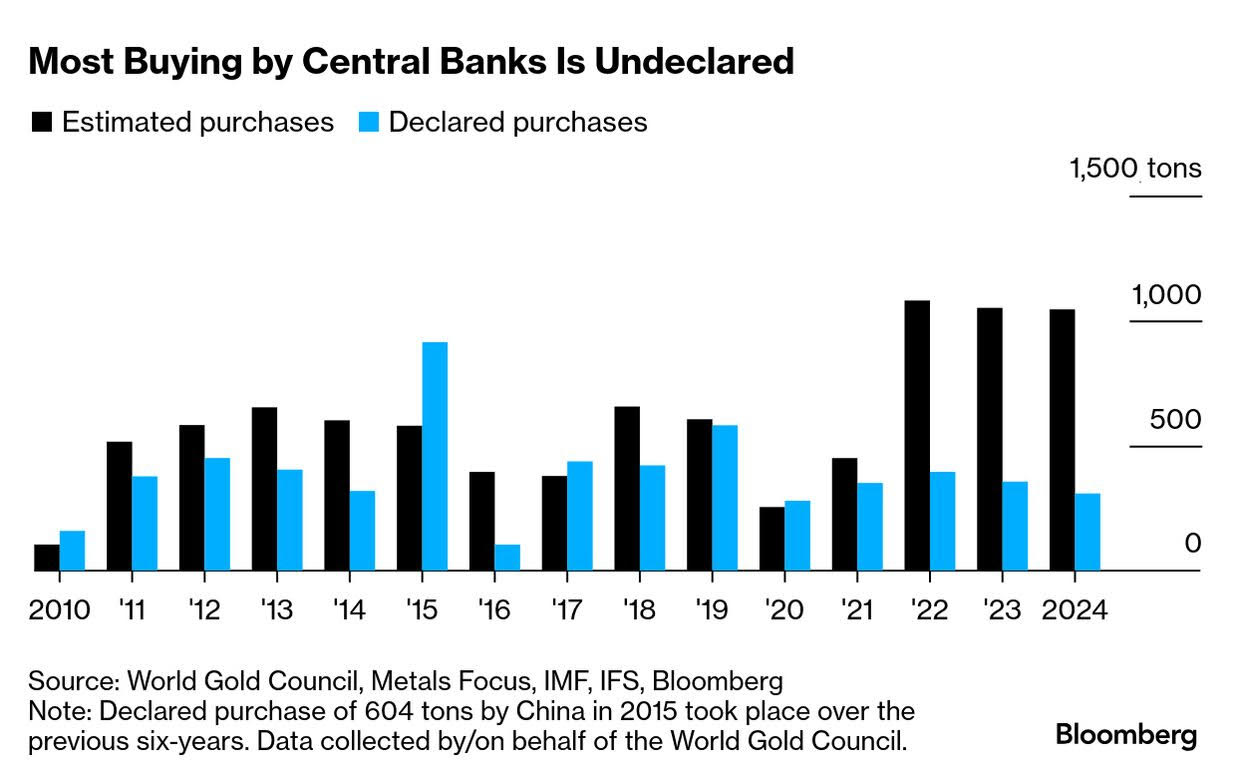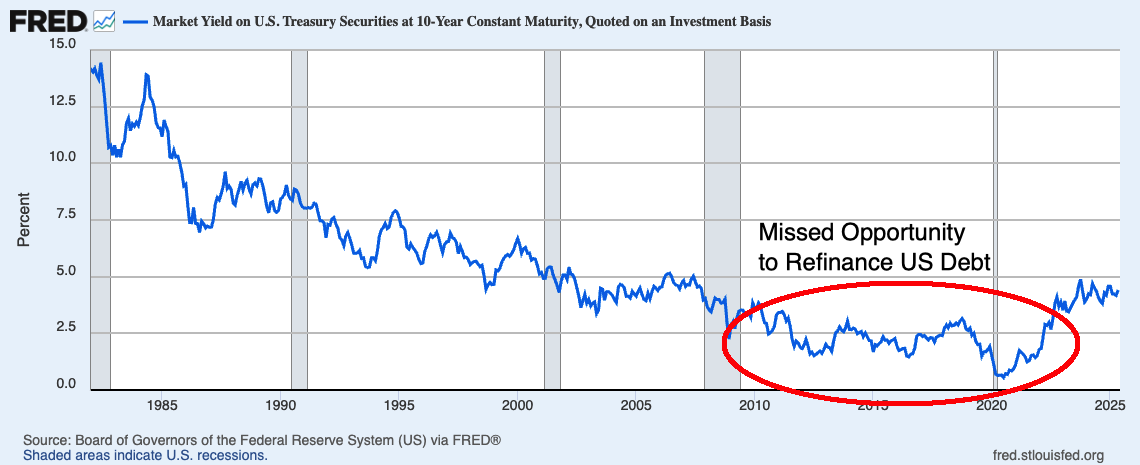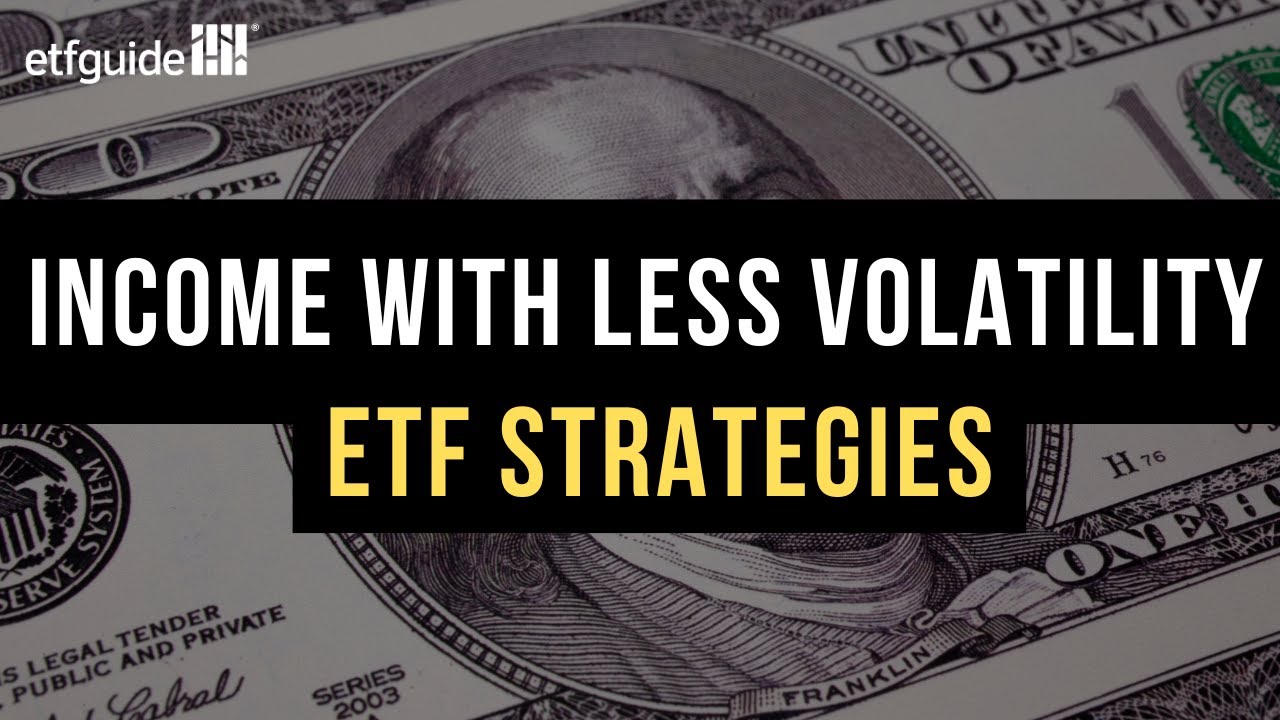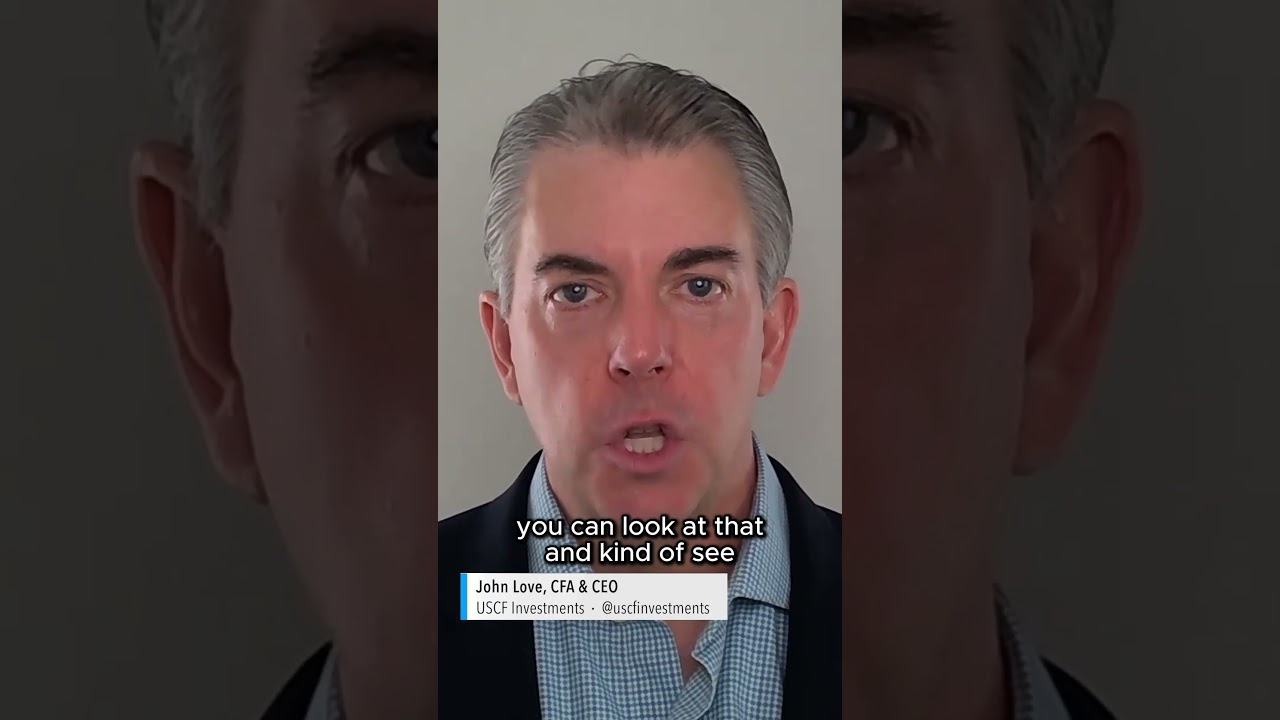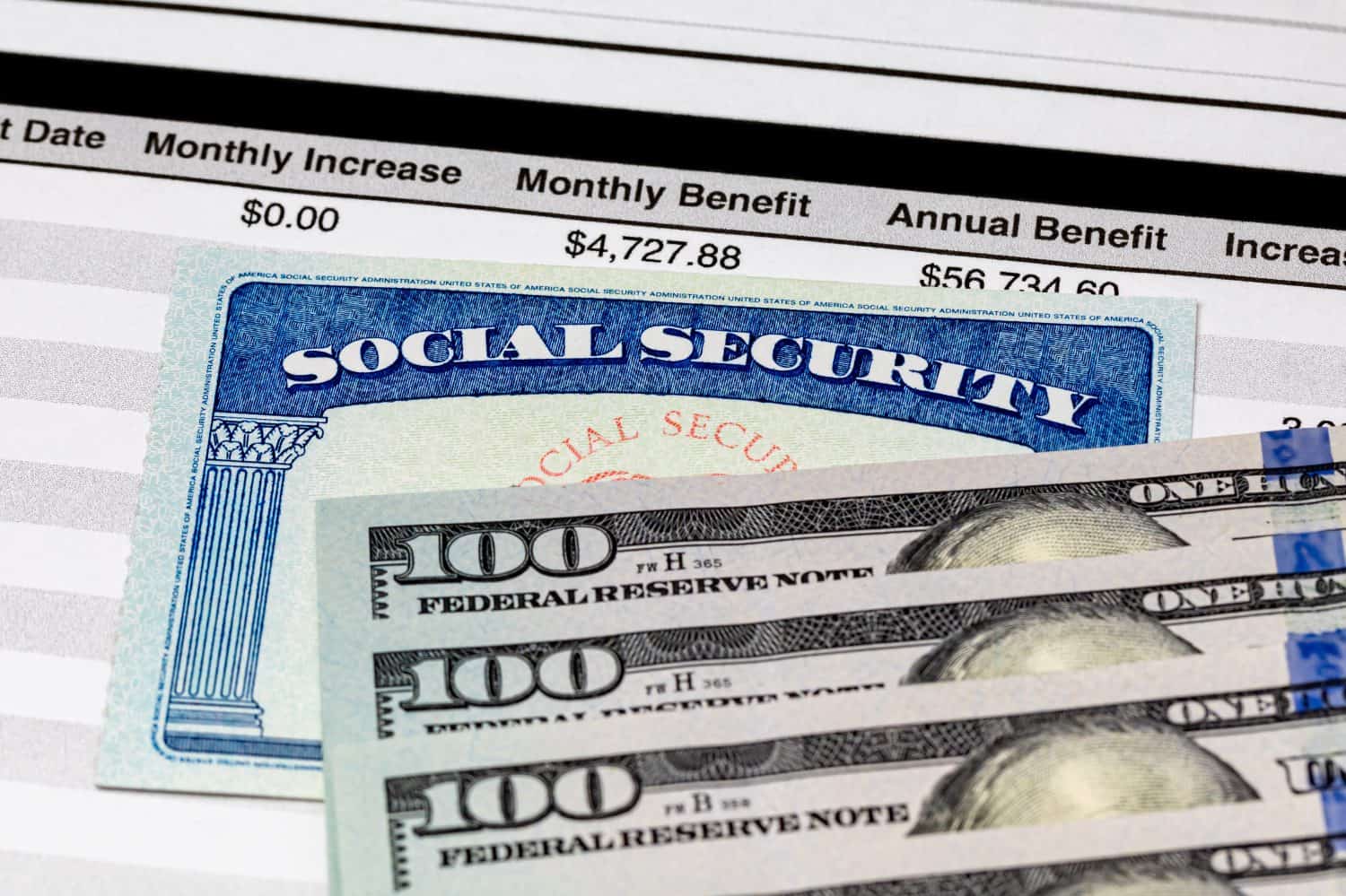In My Mid-50s With $40,000 in 401k – How Can I Secure My Retirement in a High-Cost City?
If you live in an expensive area, it’s harder to invest for retirement and to figure out a way to ensure that you will be financially secure as a senior. It’s doable, but you need the right plan to make it happen. A Reddit user is currently trying to figure out what that plan is. […] The post In My Mid-50s With $40,000 in 401k – How Can I Secure My Retirement in a High-Cost City? appeared first on 24/7 Wall St..

Key Points
-
A Reddit user is trying to figure out how to handle his retirement savings.
-
He has thousands of dollars in credit card debt and just $40K saved for retirement.
-
If he maxes out his 401(k) over the next 15 years, he should still be able to set himself up for a secure future.
-
Are you ahead, or behind on retirement? SmartAsset’s free tool can match you with a financial advisor in minutes to help you answer that today. Each advisor has been carefully vetted, and must act in your best interests. Don’t waste another minute; get started by clicking here.(Sponsor)
If you live in an expensive area, it’s harder to invest for retirement and to figure out a way to ensure that you will be financially secure as a senior. It’s doable, but you need the right plan to make it happen.
A Reddit user is currently trying to figure out what that plan is. He’s faced some hardships on his journey to retirement investing and hasn’t managed to accumulate as much wealth as he’d like, despite being in his mid-50s. He’s earning a good income now, though, and he wants to know what he can do to get things back on track.
So, how should the original poster (OP) move forward to build the security he deserves?
A Redditor is behind on retirement thanks to high living costs and some past financial issues
According to the Redditor’s post, the OP has around $40,000 invested in his workplace 401(k). This is all money that he saved since starting his new job recently, as he drained his retirement accounts in the past as a result of being laid off and being forced to tap into his investments.
He is currently earning over $140,000 per year, and he is investing 7% of his pay into his retirement account. His employer is matching his contributions up to 6% of his salary, and is providing an additional 5% in retirement savings through a profit-sharing plan. He’s putting his money in an S&P 500 index fund, and he is also working on repaying debt, which includes an $8,000 credit consolidation loan and $15,000 in credit card debt. And he’s paying $2,400 per month for a one-bedroom apartment.
Sadly, he’s beginning to experience more health issues as he ages, so he’s getting pretty worried about what the future will look like. And, this is a tough spot to be in because $40K in retirement investing isn’t going to cut it, and working well past the traditional retirement age may be a challenge given the health issues that are already starting.
How can the OP get back on track for retirement security?

Many of the Reddit posters responding to the OP’s thread had the same advice. He must get rid of his credit card debt, and he must invest a lot more aggressively in his 401(k).
The credit card debt is likely at a very high interest rate, as all credit card debt is unless you’ve done a balance transfer. The OP must get very aggressive at paying off what he owes so he can eliminate this burden and redirect some of that money to investing more for retirement. This means putting every dollar towards the debt with very limited spending on non-essentials until the debt is gone.
In fact, the OP may want to work a side job even though he’s making a good income, so that he can throw even more money at the debt and free himself of it sooner rather than later. He simply can’t afford to owe this money when he has so little time left to invest for retirement.
It’s also time to start contributing the max he can to tax-advantaged retirement plans. He could max out his 401(k), or he could put some money into a traditional or Roth IRA if he wants a broader array of investment choices — but he can’t just stick with putting away 7% of his pay.
If he were to max out his 401(k) by contributing $31,000 (the max he’s allowed in 2025 when considering catch-up contributions available to those over 50), then he could end up with a decent nest egg by retirement age. Our compound interest calculator shows how much his investments could turn into, assuming a 10% average annual return, a starting balance of $40K, and $46,400 in annual contributions for the next 15 years (which includes an 11% employer match on a $140K salary along with a $31K annual contribution).
The OP could end up with $1,641,078.90 if he can pull that off. At a safe 3.7% withdrawal rate, he’d find himself with around $60K in annual retirement income. When combined with his Social Security benefit, that should give him a pretty reasonable living. While it may require some sacrifice, he’d only be devoting around 22% of his pay to his 401(k), which should be doable if he lives frugally and gets rid of the credit card debt.
A financial advisor can help the OP to implement this plan, or to create one that works effectively for him given his current financial situation and future goals, so the OP should consider working with a professional ASAP given that he’s behind on retirement investing and needs to get back on track as soon as he can.
The post In My Mid-50s With $40,000 in 401k – How Can I Secure My Retirement in a High-Cost City? appeared first on 24/7 Wall St..









































